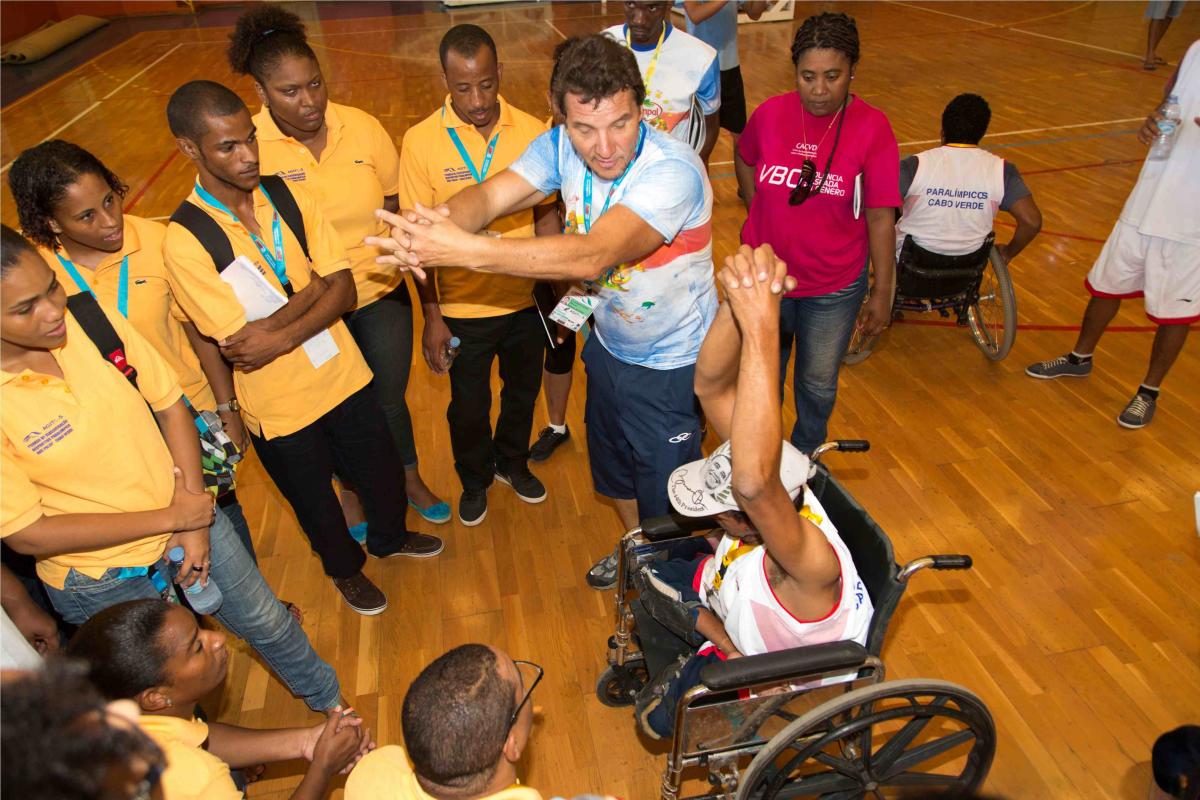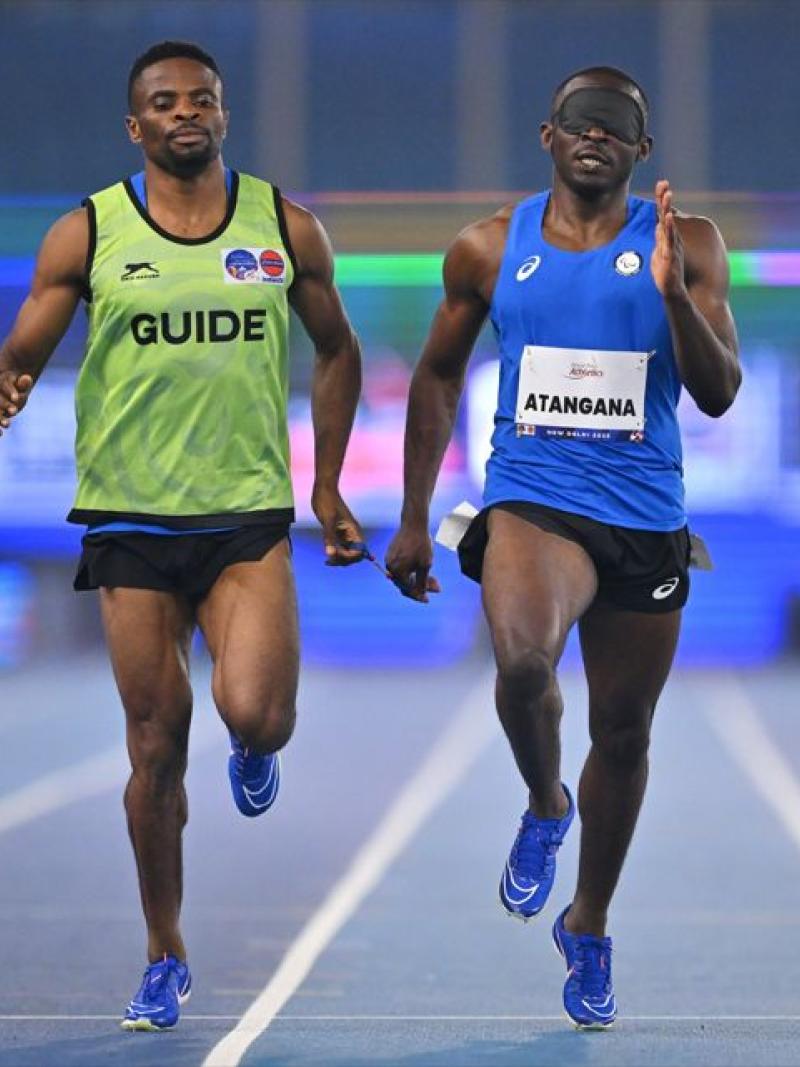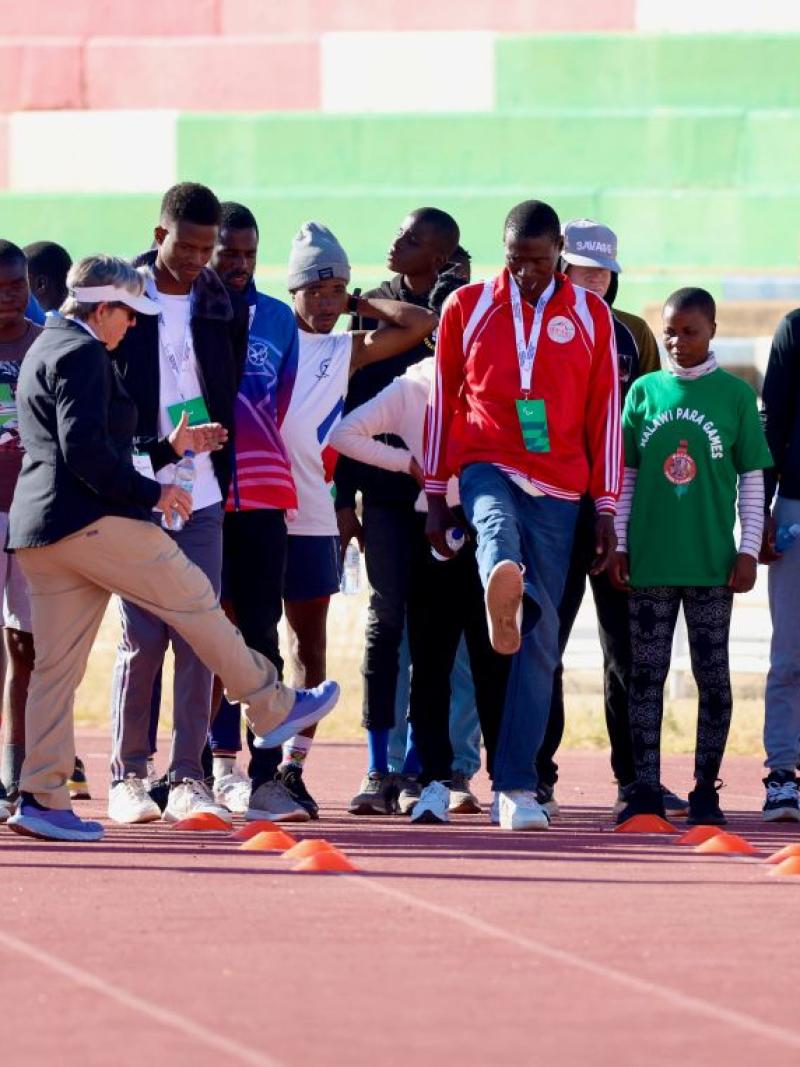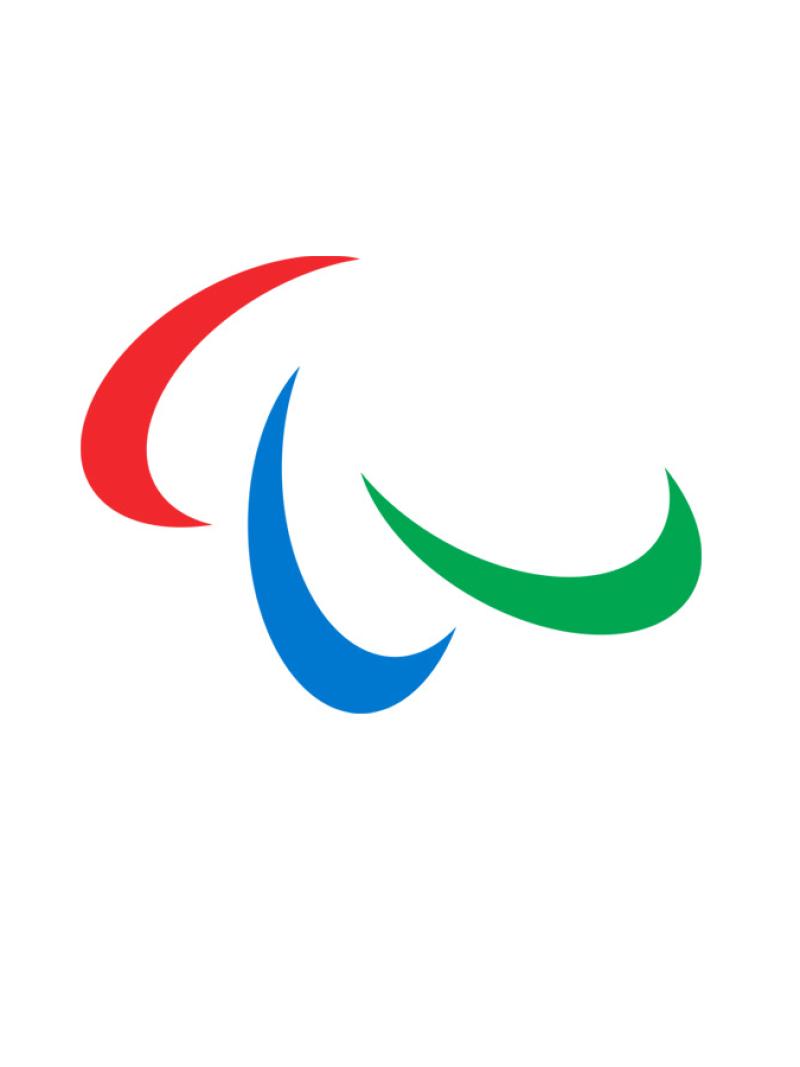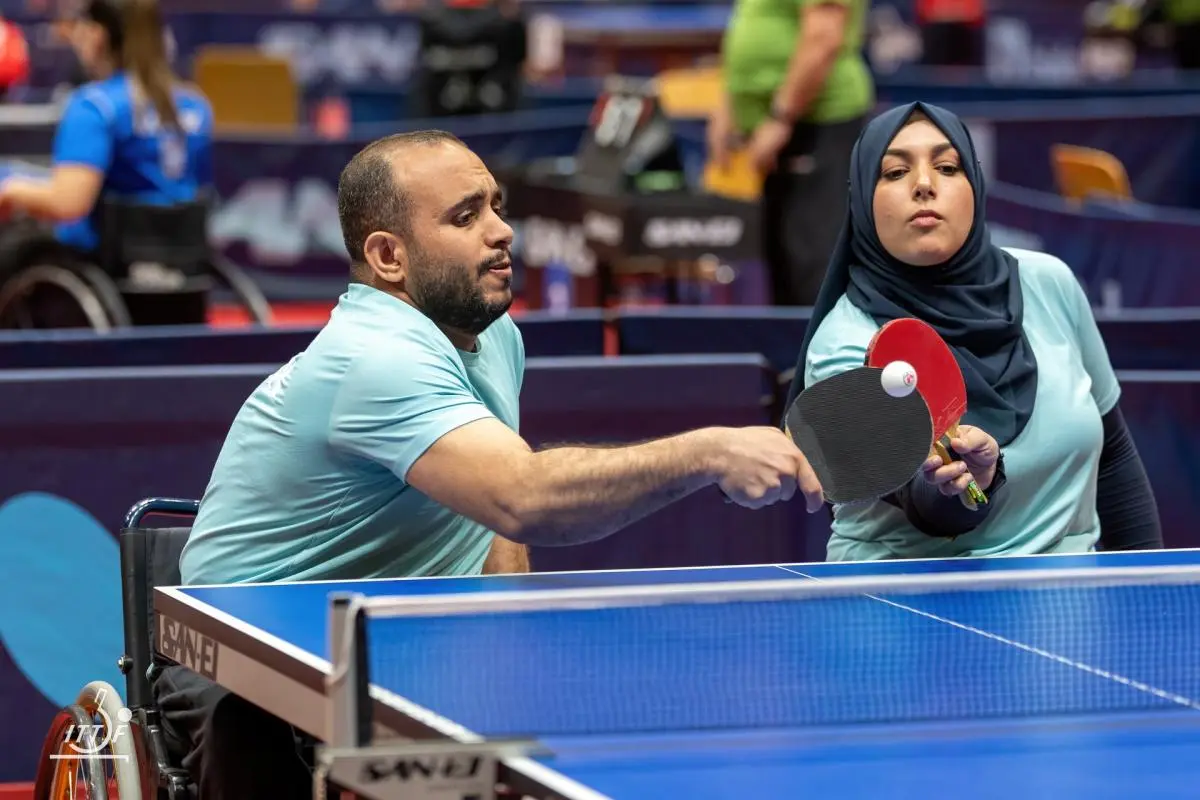
Athletes
Partnering with members to develop athletes and strengthen the Para sport ecosystem — from performance to mentorship.
The IPC is committed to working with its member organisations to develop athletes and strengthen the entire sport ecosystem – from high performance competition and coaching to mentorship and classification.
To elevate Para athlete performance, we focus on the steps along the athlete pathway to success, from classification to competitive readiness, participation in qualification opportunities and high performance training. We also focus on the people that surround and support athletes, providing training opportunities that benefit coaches, officials and mentors.
Initiatives
competition support: international events

To empower athletes on the pathway to Paralympic Games qualification, the IPC through Sport for Mobility commits nearly EUR 1.7 million in grant funding to National Paralympic Committees (NPCs) between 2025-2028.
This vital funding will help NPCs expand access to international classification and enable athletes along with their coaches to compete in key international events such as World Championships, Regional Games, and Grand Prix.
For many NPCs, financial constraints and limited regional competition opportunities have made it difficult to support athletes at this level. With this new investment, the IPC is removing barriers and creating more pathways for athletes to reach their full potential on the global stage.
COMPETITION SUPPORT: REFUGEES
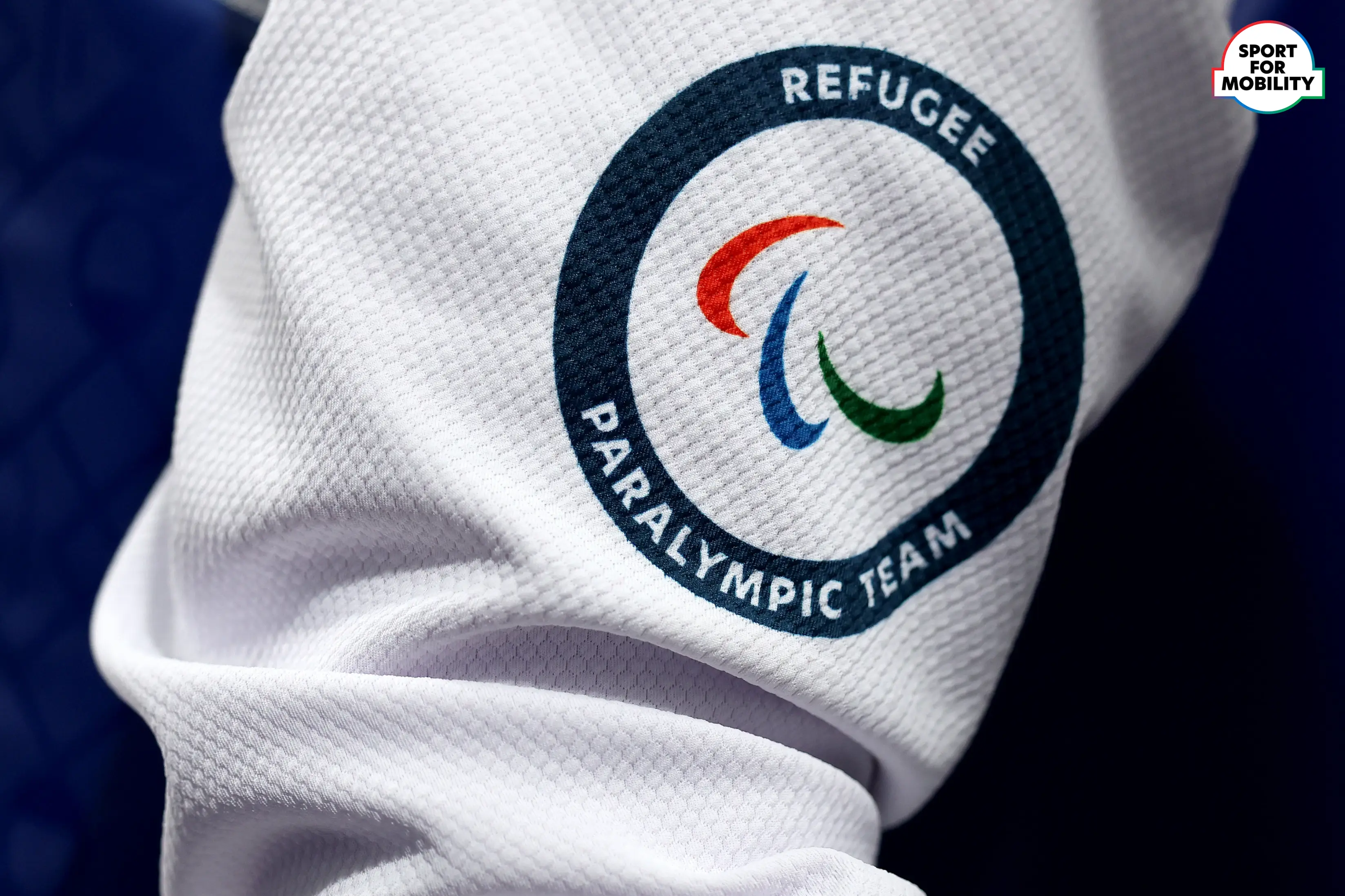
Through targeted grants to NPCs in host communities, Refugee Paralympic Team athletes are gaining the support they need to pursue their sporting dreams and compete on the international stage in the lead up to the LA28 Paralympic Games.
Since Rio 2016 when two refugee Para athletes made history as part of the first Refugee Paralympic Team, the IPC has continued its support of refugee Para athletes, with the Paralympic Games being not just a chance to compete, but a platform to inspire the world’s 120 million displaced people through the power of sport.
At Paris 2024, the largest-ever Refugee Paralympic Team (RPT) delegation of eight athletes and one guide runner competed in six sports at the Paralympic Games, winning a historic first medal in Para taekwondo (bronze) followed by another bronze in Para athletics.
CLASSIFICATION RESEARCH
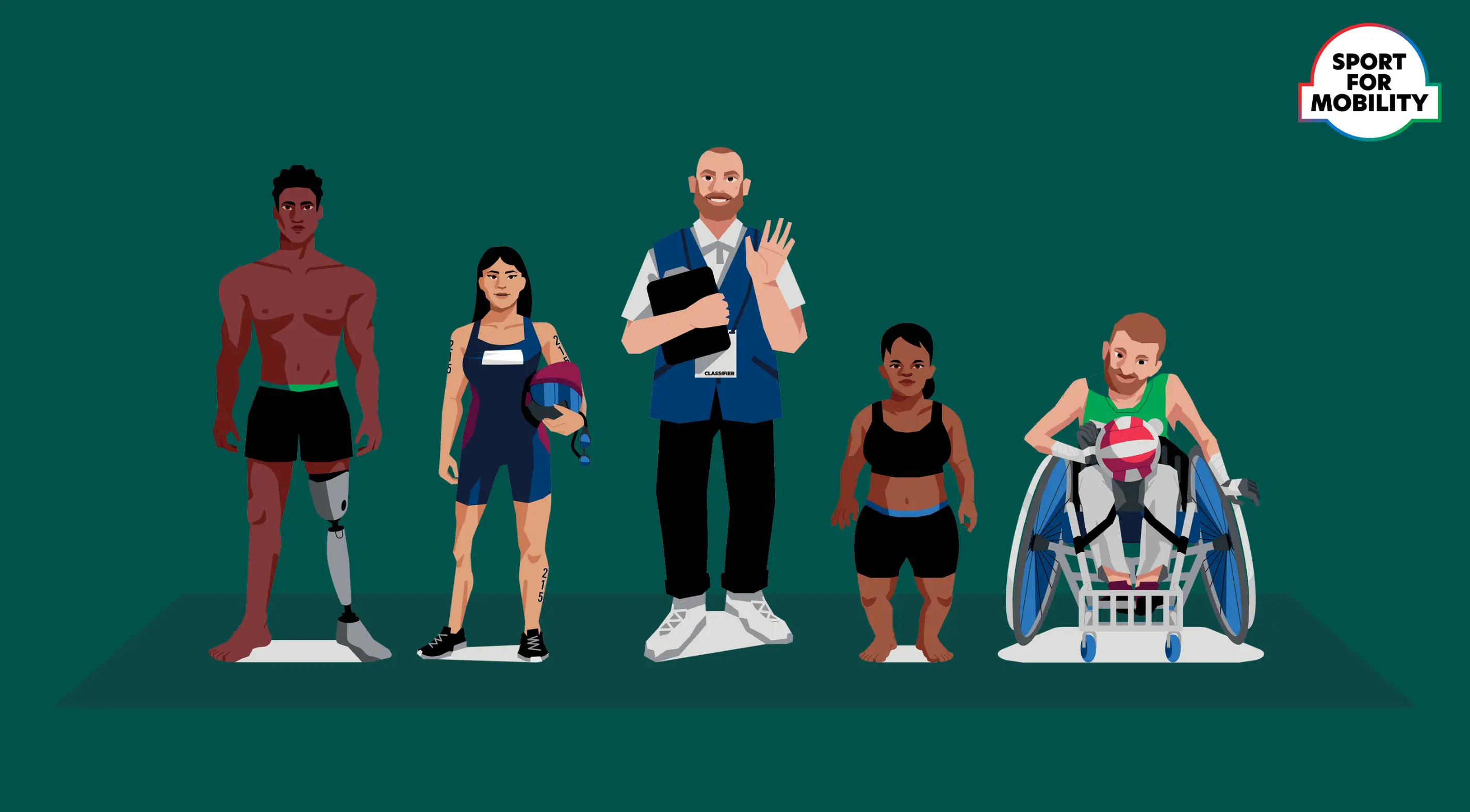
Classification is the foundation of fair competition in Para sport. It ensures that athletes compete on a level playing field by minimising the impact of impairments on performance outcomes. It is what makes Para sport meaningful and competitive.
As part of the Sport for Mobility programme, and to further enhance the integrity, credibility and fairness of Para sport competitions, the IPC is awarding grant funding of between EUR 65,000 and EUR 250,000 to organisations to carry out multi-disciplinary classification research.
Available between 2025-2028 to International Federations, International Organisations of Sport for the Disabled and Recognised International Federations, in collaboration with the scientific community, the IPC Classification Research Grant Scheme aims to support the development and improvement of best practice and evidence-based classification systems in Para sports.
This research will directly inform updates to classification rules and procedures, ensuring they reflect the latest scientific understanding. The result will be greater transparency, trust, and fairness - reinforcing the values of equity and excellence that define the Paralympic Movement.
ONLINE CLASSIFICATION COURSE
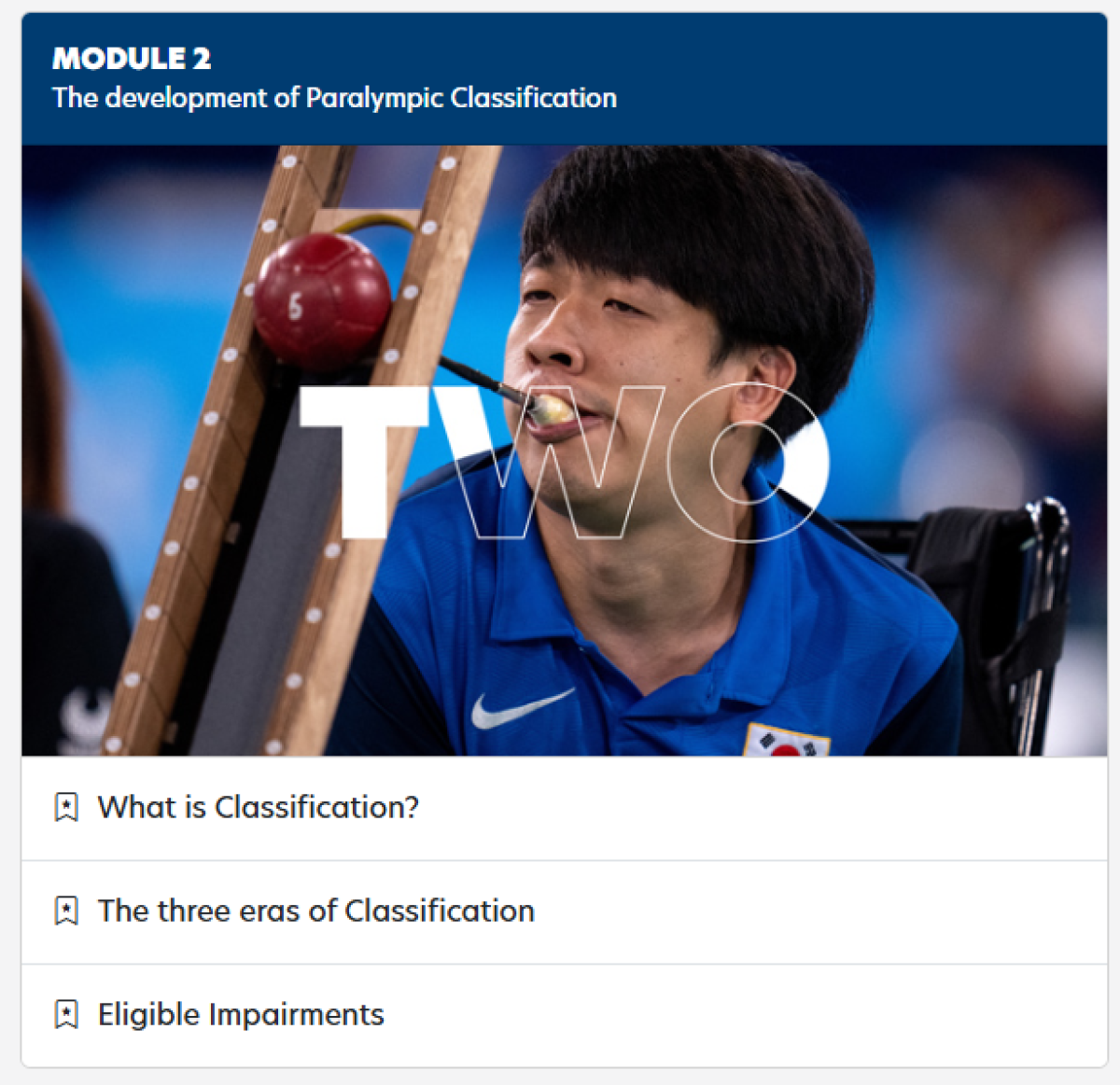
To strengthen understanding of Classification across the Paralympic Movement, the IPC offers a free, open-access online course: Classification Fundamentals. Designed to improve the knowledge of athletes, coaches, officials, and support staff, this resource is an accessible introduction to Classification.
The IPC Classification Code ensures fair and meaningful competition in Para sport. It ensures athletes compete against others with similar levels of impairment, creating a level playing field and preserving the integrity of the sport. A clear understanding of Classification is therefore essential not only for athletes but for everyone involved in the Paralympic Movement.
The online Classification course features four self-paced modules on the Paralympic Movement, the Classification system, the latest Classification Code and international standards, and the athlete journey. Courses are structured into lessons that can be completed in sequence or explored freely, depending on the learner’s role, interests, or prior experience. Microlearning summaries and standalone resources are also available to support flexible learning.
MENTORING HUBS
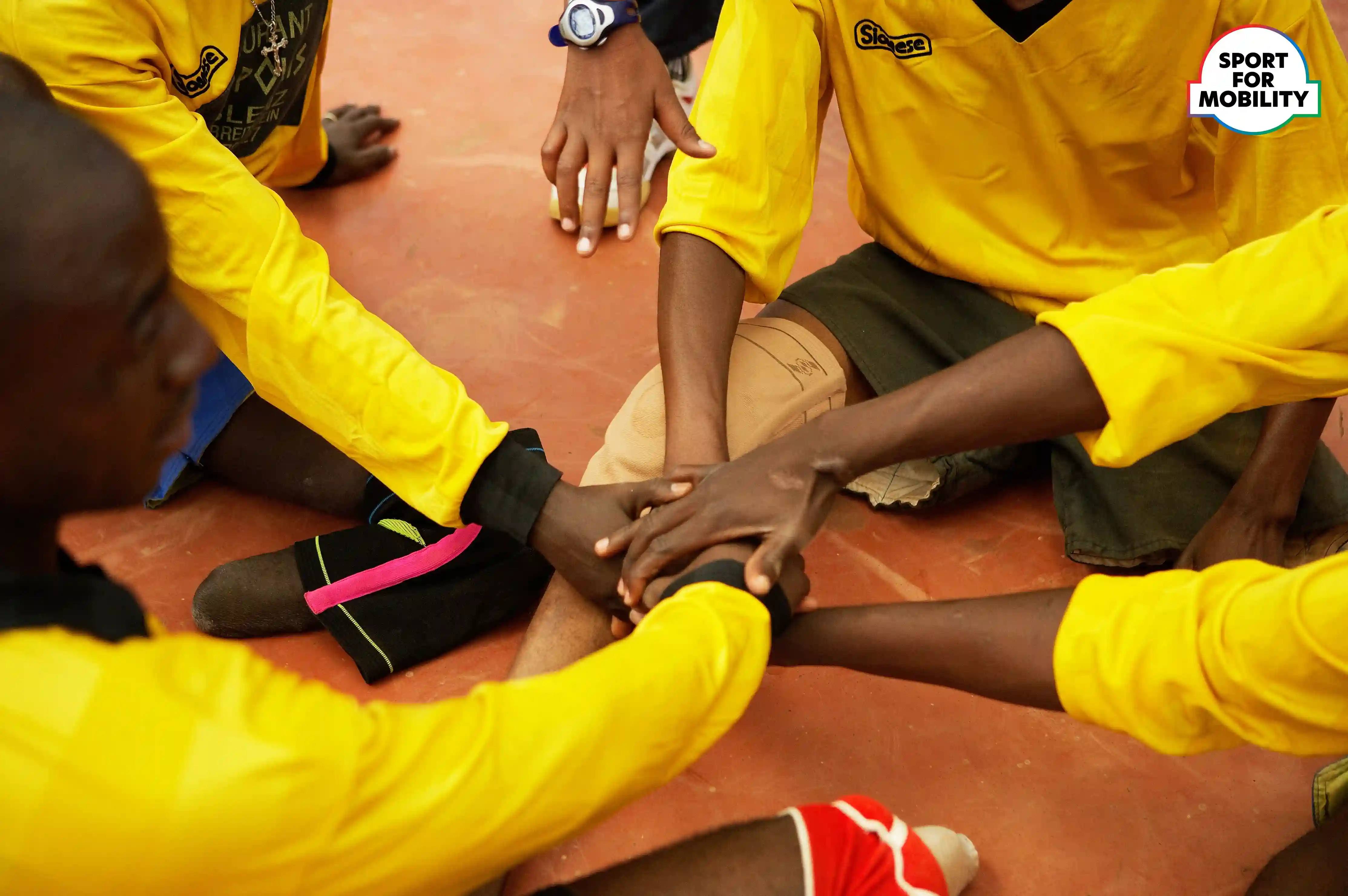
As part of our commitment to strengthening Para sport globally, the Mentoring Hubs initiative will give leading NPCs the opportunity to share their expertise and host athletes and coaches from emerging NPCs to accelerate development.
With grants of up to EUR 1.8 million, these hubs will serve as vibrant training grounds where knowledge is exchanged, skills are sharpened, and the next generation of Para athletes is empowered to reach their full potential.
By encouraging collaboration and peer-to-peer learning, the IPC is working to level the playing field, ensuring that talented athletes from every corner of the world have the opportunity to reach the starting line and shine on the world stage.
At the Paris 2024 Paralympic Games a record 168 NPCs competed, including Eritrea, Kiribati and Kosovo for the first time. A total of 85 delegations, the second highest number after Tokyo 2020, won a medal with Nepal, Mauritius and the Refugee Paralympic Team medalling for the first time.
REGIONAL SPORT TRAINING
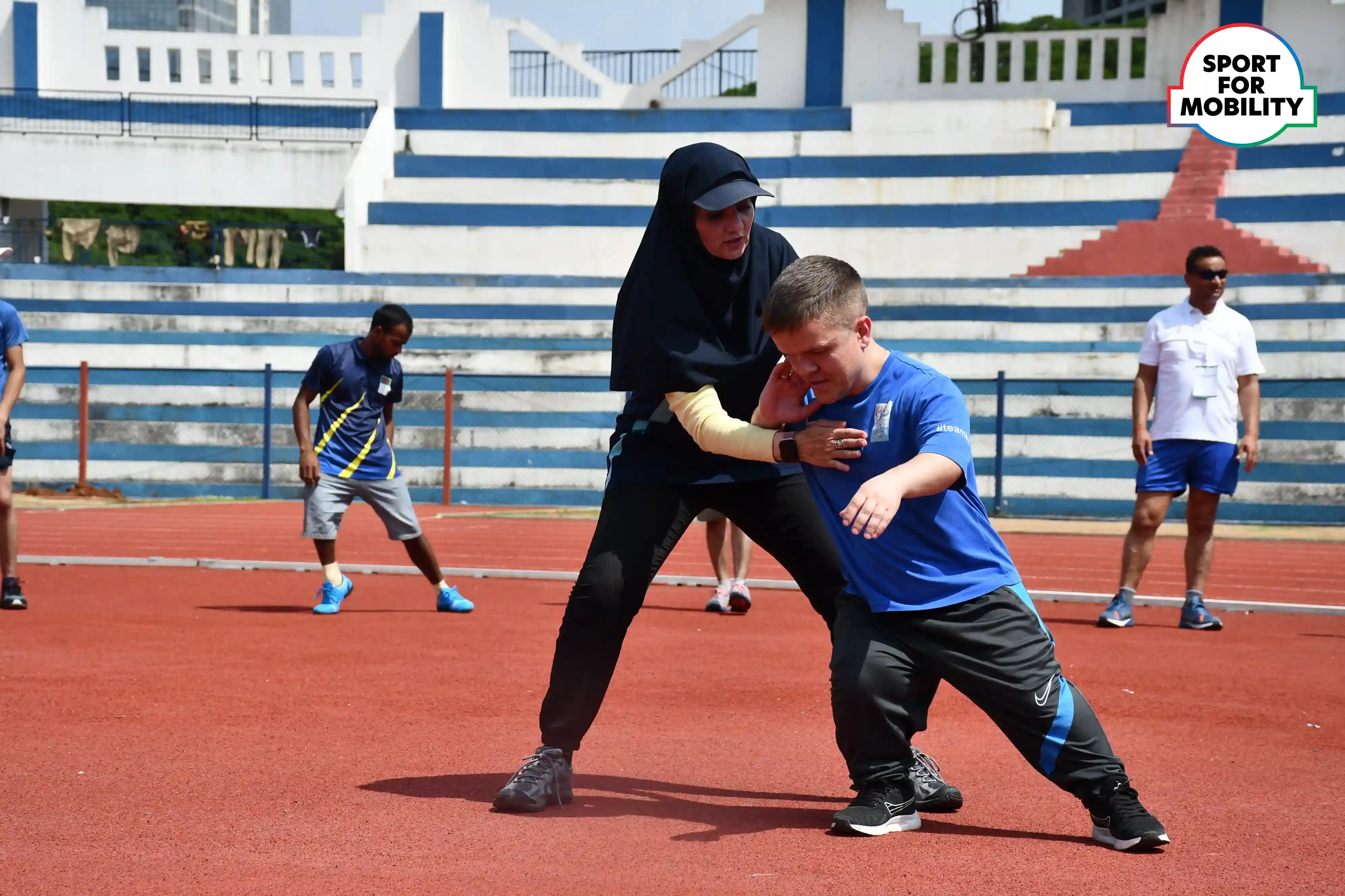
Classification, coaching, and training are the building blocks of every Para athlete’s journey—and the IPC’s Regional Sport Training events are designed to bring these elements together in one experience. These annual events unite athletes, coaches, and technical officials to sharpen their skills, unlock their potential, and fuel the growth of the Paralympic Movement.
Each development camp features intensive training sessions for Para athletes, technical courses for coaches and sport personnel, and classification opportunities that ensure athletes can compete in the right impairment classes. With the support of International Federations, participants receive hands-on, sport-specific training, equipping them to contribute meaningfully to Para sport at a national and international level.
Athletes also take part in Proud Paralympian workshops, the IPC’s education programme delivered by athletes, for athletes. These sessions go beyond sport, offering tools and insights to help participants thrive both during and after their athletic careers.
Each year, a Regional Sport Training event will target athletes, officials and coaches from NPCs in different continents.
SPORT TECHNICAL TRAINING
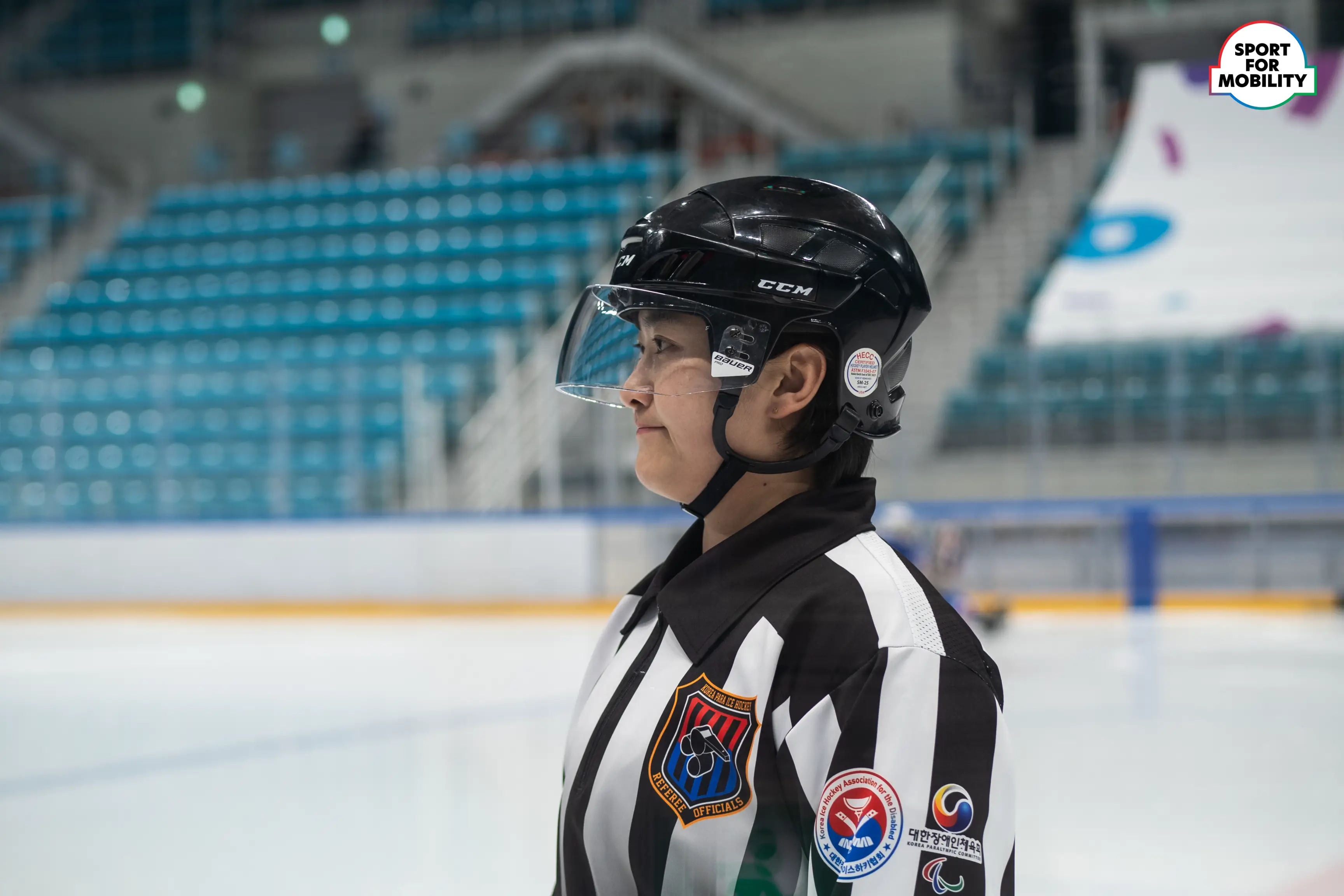
Behind every great Para athlete is a team of skilled professionals, coaches, classifiers, and technical officials, who guide, support, and elevate performance from grassroots to the Paralympic podium. Well-trained coaches help uncover new talent and drive performance while classifiers and officials ensure fair play and safe, inclusive competition environments. To grow the pool of these essential sport technical officials, the IPC is investing EUR 1.1 million in training grants between 2025 and 2028.
These grants will empower International Federations and International Organisations of Sport for the Disabled to deliver targeted training programmes that expand and strengthen their technical teams. From learning classification systems to understanding sport-specific rules, these programmes will ensure that technical personnel are equipped with the latest knowledge and tools to mentor athletes and run Para sport events effectively.
National Development Training Camps
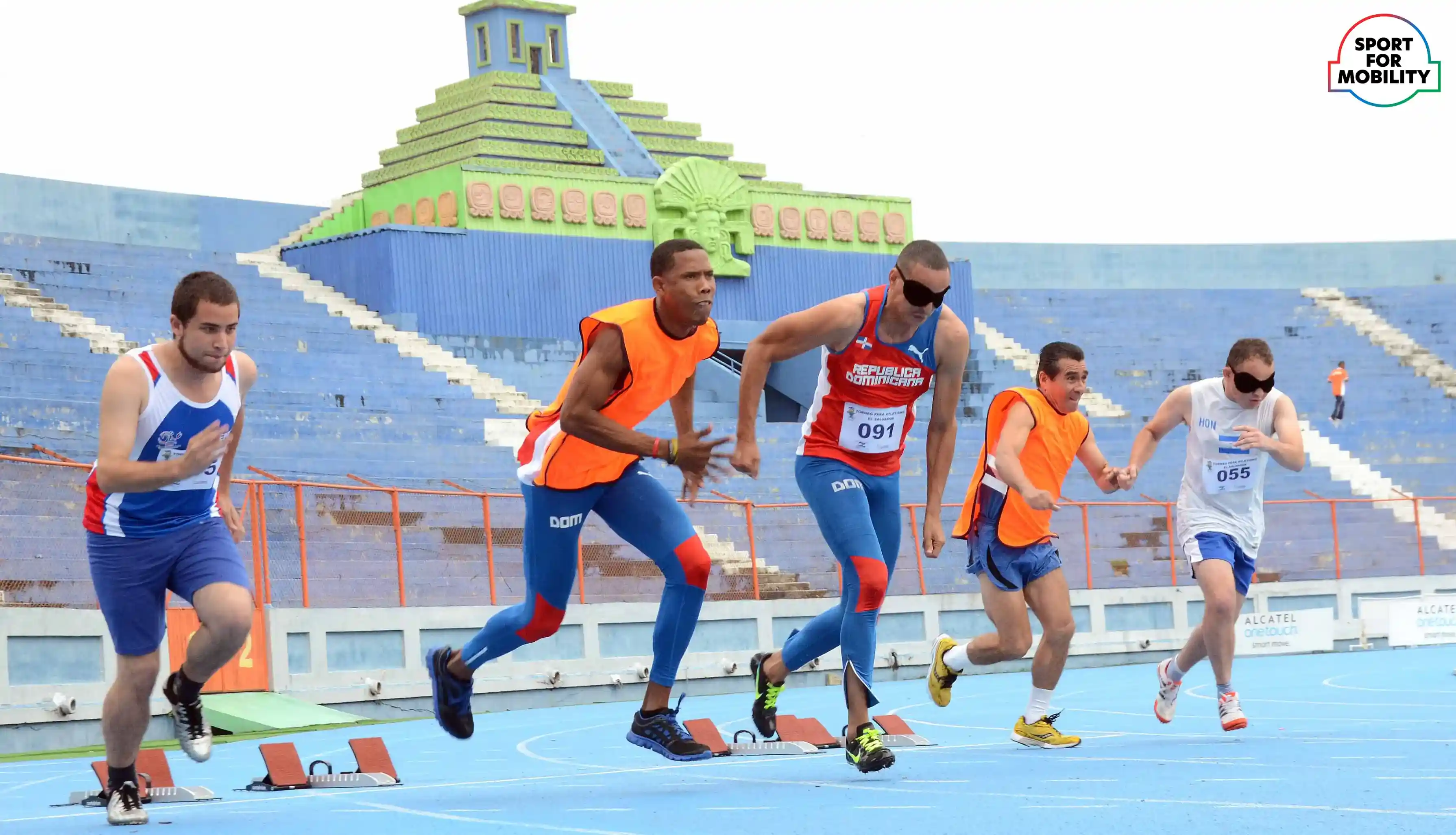
To unlock the potential of future Paralympic stars, the IPC is supporting National Paralympic Committees (NPCs) across Africa, the Americas, and Asia to host National Development Training Camps and build strong Para sport pathways from the grassroots up.
Led by trained Local Leaders, these camps are training opportunities for persons with disabilities at the community level, offering them a gateway into structured sport. They provide hands-on opportunities for talent identification, national-level athlete classification, and technical skill development for both athletes and coaches.
More than just training sessions, these camps give aspiring Para athletes the chance to be classified, train in a high-performance environment, and be considered for national and regional competitions. Each camp is a stepping stone, helping athletes move closer to the elite level and, for those with higher aspirations, the global stage.
Contact Us
For more information about our initiatives.





